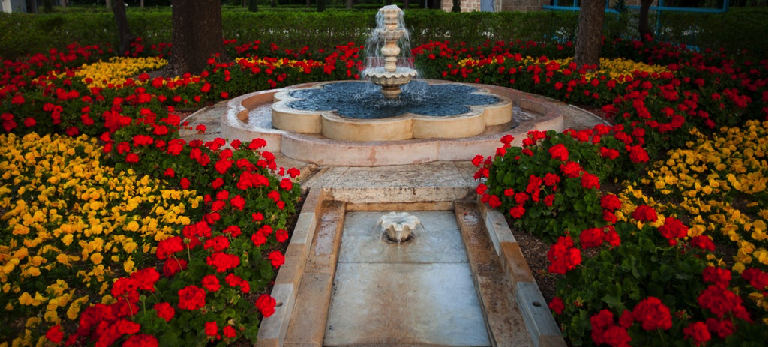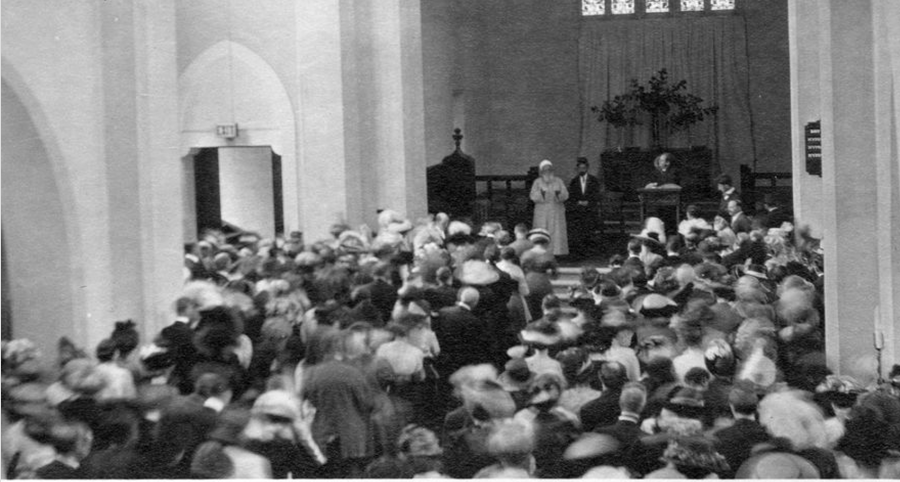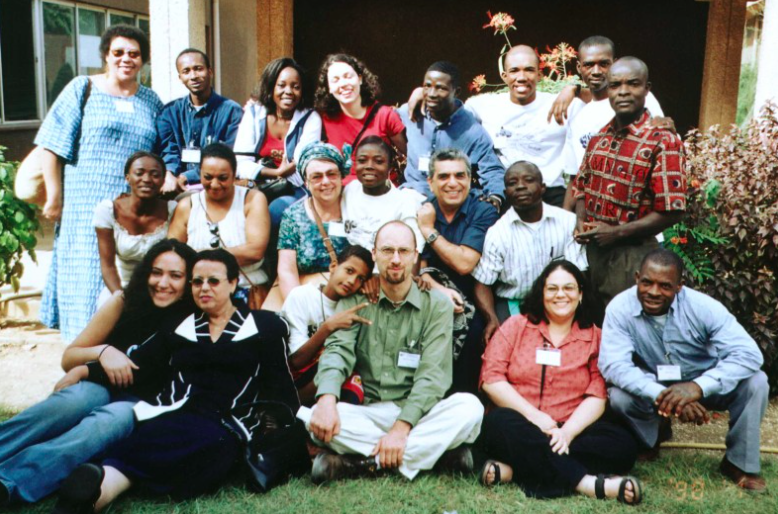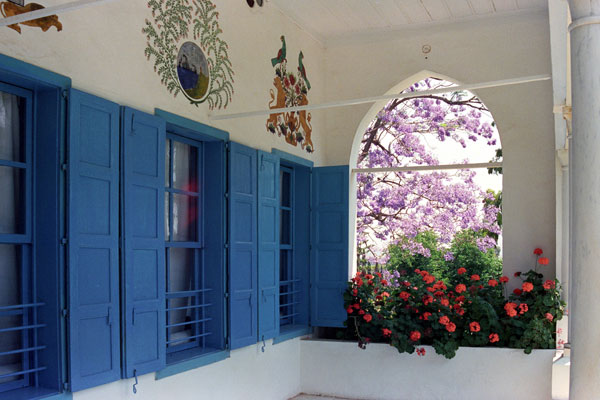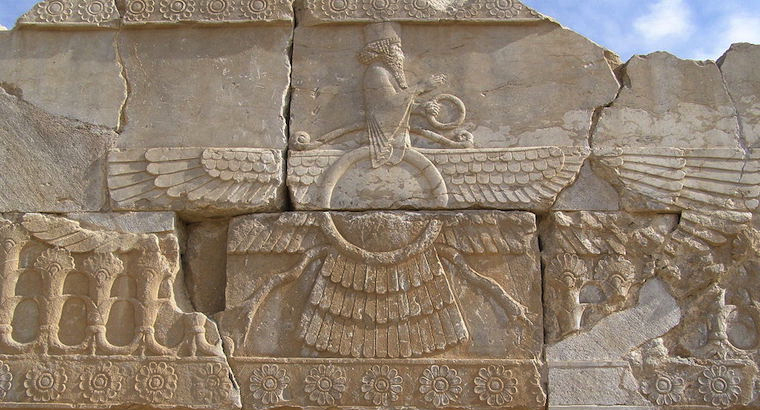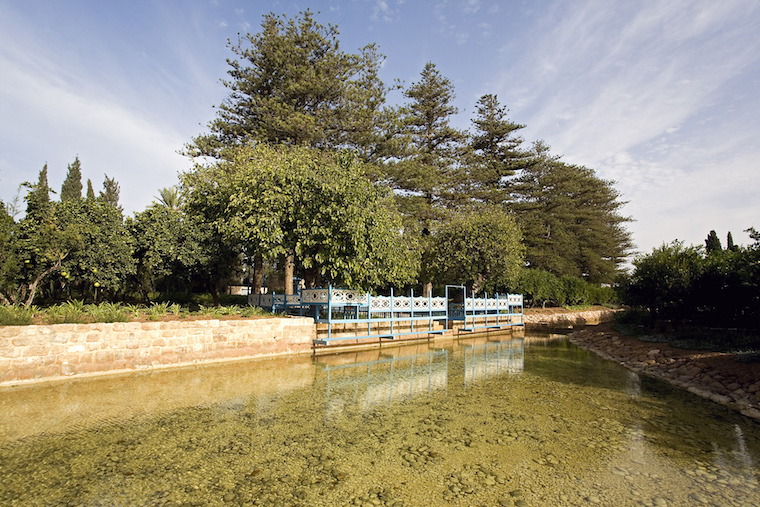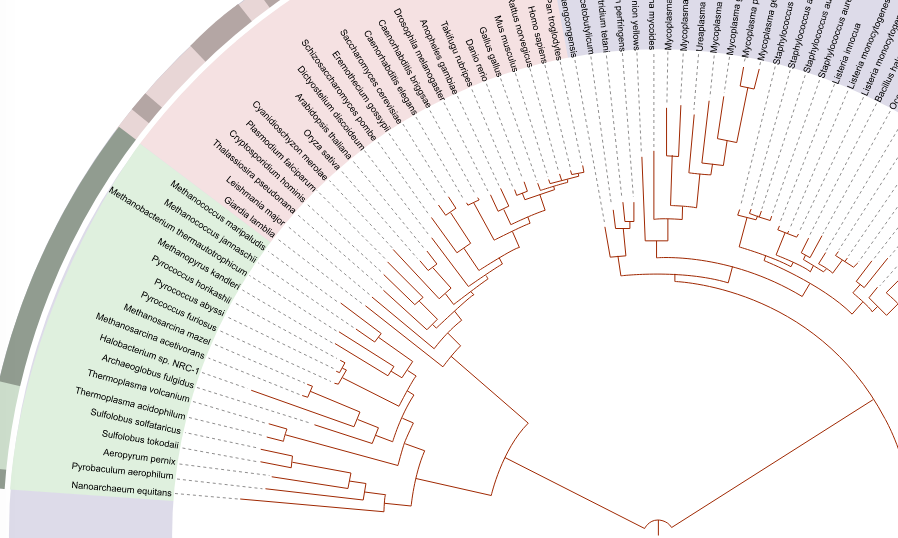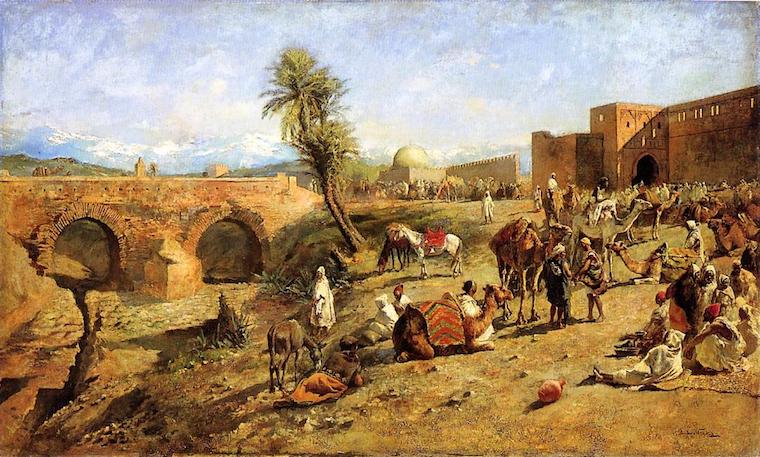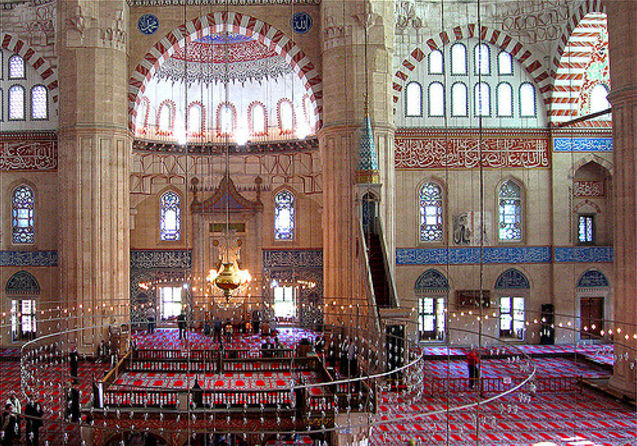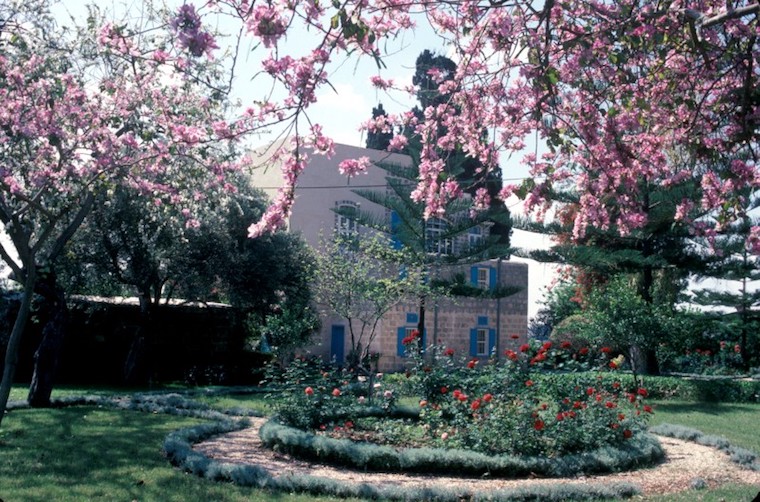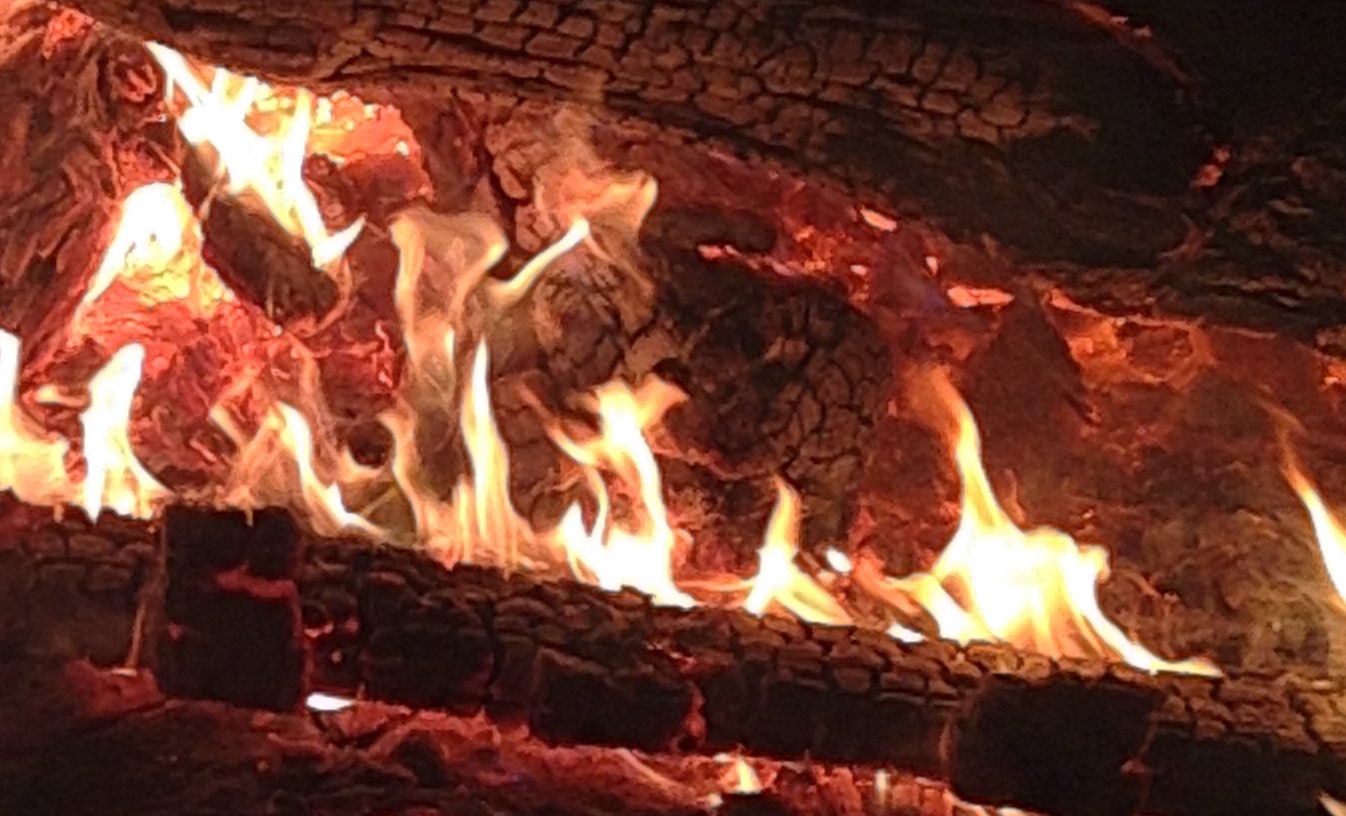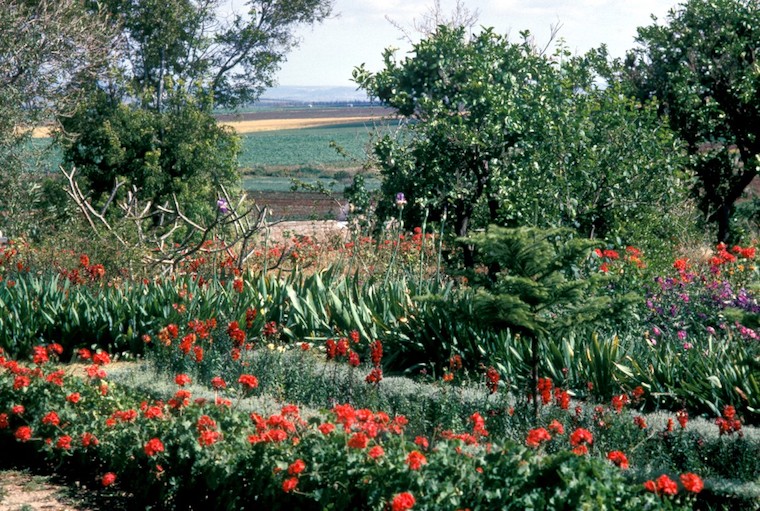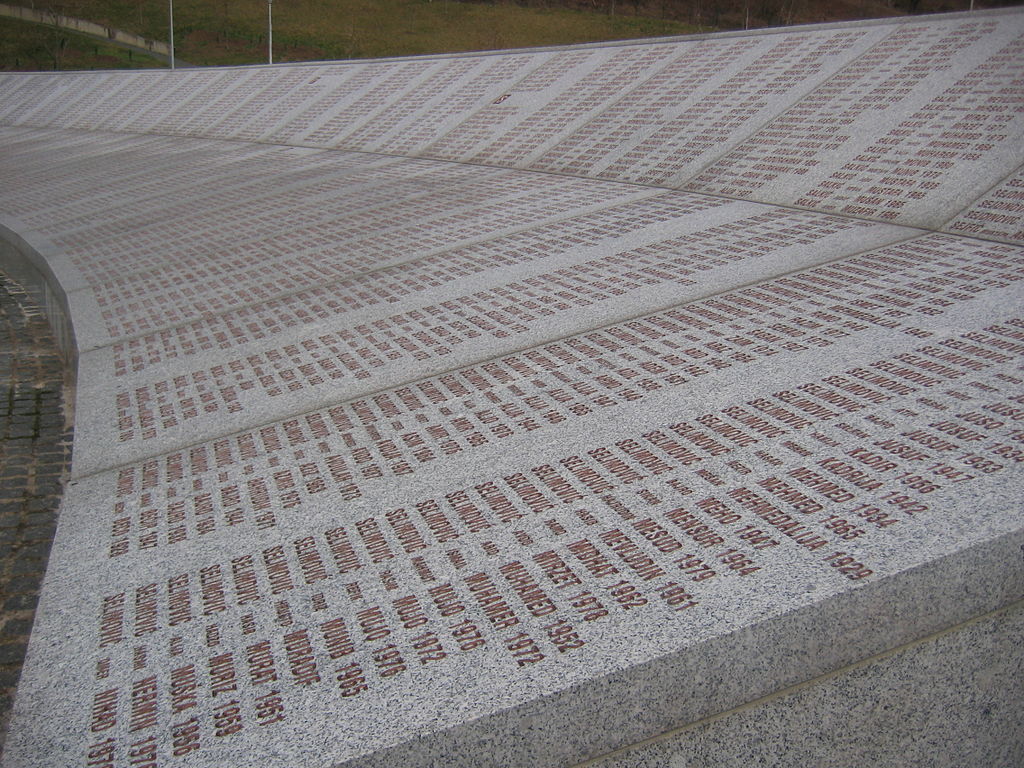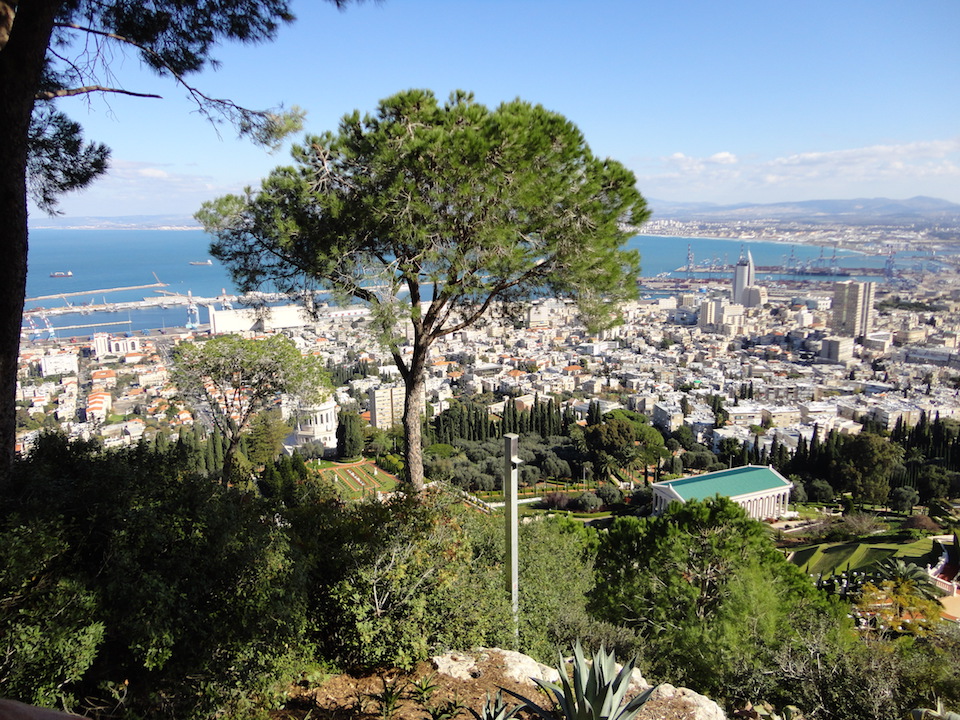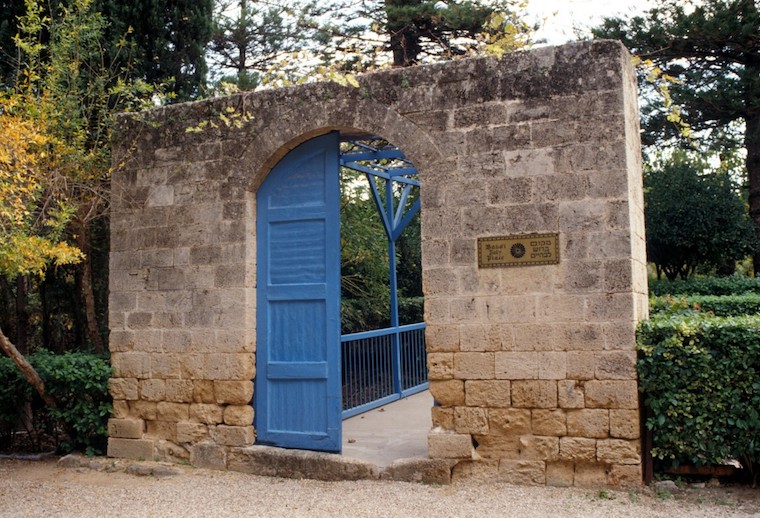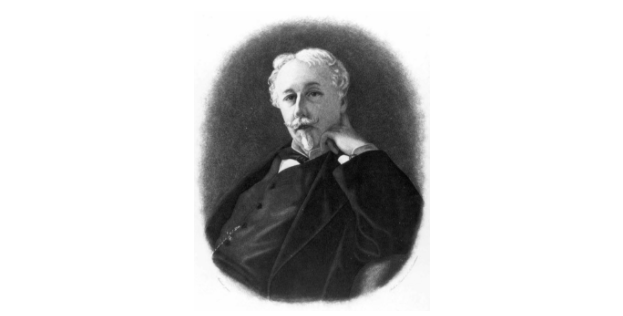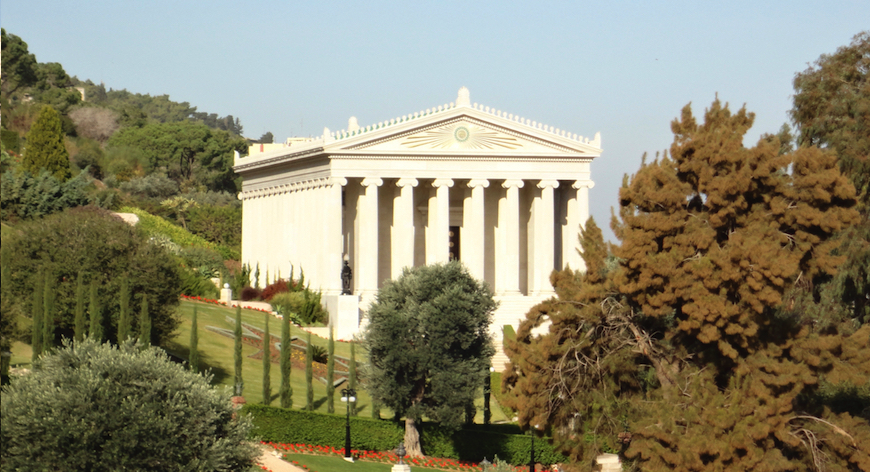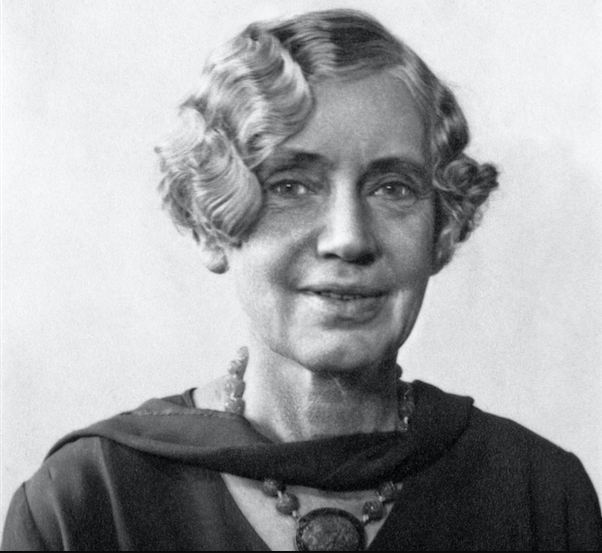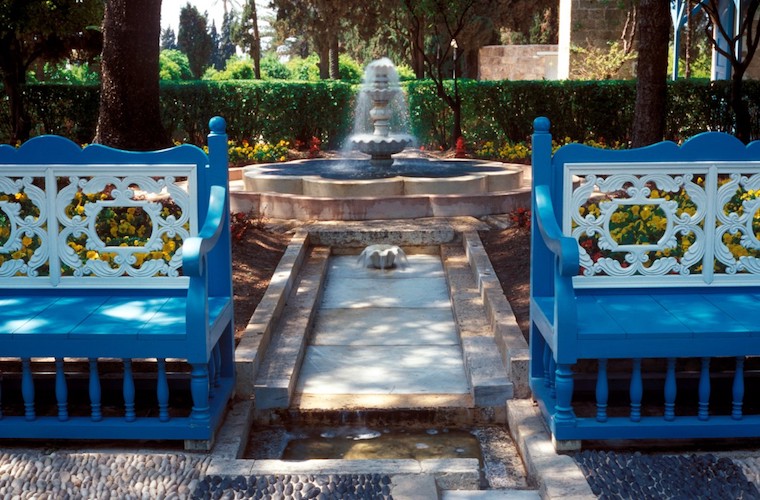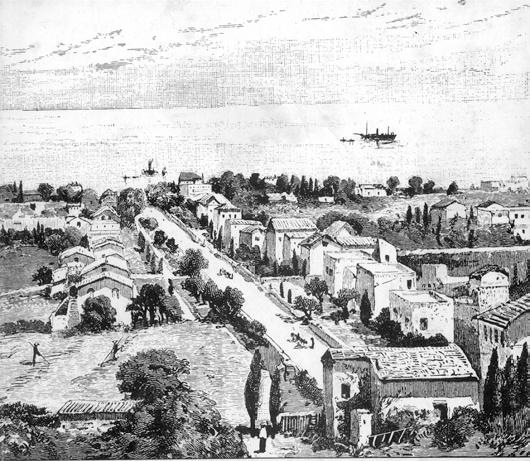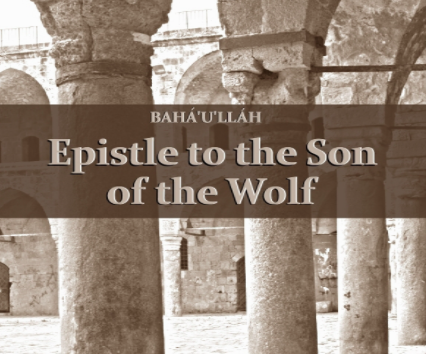Baha'u'llah
-
Paradise
The Sura of Vafa replies to a number of questions. One question was about paradise. Like many parts of Bahá’u’lláh’s writings, these ancient religious concepts are recast in a new form by Bahá’u’lláh. Here is part of Bahá’u’lláh’s reply. It is a reality and there can be no doubt about it, and now in this world it is realized through love of Me and My good-pleasure. Whosoever attaineth unto it God will aid him in this world below, and after death He will enable him to gain admittance into Paradise whose vastness is as that of heaven and earth. Therein the Maids of glory and holiness will wait upon him in the…
-
Infinite Worlds
The Sura of Vafa (Suriy-i-Vafa) is another work from the latter period of Bahá’u’lláh’s life. Like other works of this period it is written to one of Bahá’u’lláh’s followers, this time in response to specific questions. Among them is a question about the “worlds of God”. This is Bahá’u’lláh’s reply. As to thy question concerning the worlds of God. Know thou of a truth that the worlds of God are countless in their number, and infinite in their range. None can reckon or comprehend them except God, the All-Knowing, the All-Wise. Consider thy state when asleep. Verily, I say, this phenomenon is the most mysterious of the signs of God amongst…
-
The Green Island and the Angel of Trustworthiness
In Tarazat (Ornaments) Bahá’u’lláh counsels his followers to be trustworthy. In describing trustworthiness, Bahá’u’lláh recounts a vision which he saw while on “the Green Island”. The Green Island is a small island of land created by a fork in a stream. It is near the prison city of Akka. Knowing Bahá’u’lláh’s love for nature, Abdu’l Baha leased the land in which the Green Island was found, anticipating that Bahá’u’lláh would be able to enjoy an access to nature that he had been denied in the years of imprisonment in Akka. The creation of the garden on the land was a work of love. Soil for the plants had to be brought. Plants…
-
Salman – Bahá’u’lláh’s Postman
As mentioned in a previous article, it was not so easy for Bahá’u’lláh’s letters to reach their intended audiences. How did they make their way from the various points of exile and imprisonment Bahá’u’lláh endured? The answer is a man named Salman who was born in South-West Iran. Salman had become a follower of the Bab and later a follower of Bahá’u’lláh. From the time when Bahá’u’lláh was living in Iraq, Salman took up a life’s work of being the means of communication between Bahá’u’lláh and his followers. The distances involved were vast, and by the time Bahá’u’lláh was exiled to Akka required journeys on foot of over 2000 kilometres.…
-
Tarazat – Quenching the Fires of Hate and Animosity
Tarazat (meaning ornaments) is another work written by Bahá’u’lláh for one of his followers in the later years of his life. It is similar in form to works such as Ishraqat and Tajalliyat, in having at its core a set of enumerated teachings to which particular attention is drawn. Taraz means ornament and a previous article, as well as providing a brief summary of the Tarazat, particularly focussed on Bahá’u’lláh’s transformation of religious codes concerning dress into ethical teachings concerning the “adornment” of good conduct. In the article Mirror of the World we have seen Baha’u’llah’s reflections on the importance of accuracy in the reporting of news. These reflections also occur…
-
Ishraqat – What is Religion For?
In Ishraqat we also find an explicit discussion of the purpose of religion. The fact that Bahá’u’lláh has set this out in such explicit terms is another of the unique aspects of his life’s work as a prophet. The purpose of religion … is to establish unity and concord amongst the peoples of the world; make it not the cause of dissension and strife. The religion of God and His divine law are the most potent instruments and the surest of all means for the dawning of the light of unity amongst men. The progress of the world, the development of nations, the tranquillity of peoples, and the peace of…
-
Ishraqat – Universal Education, World Language and Global Institution
The work Ishraqat is a rich source of key teachings of Bahá’u’lláh. Among them are universal education, a world language and the establishment of the Universal House of Justice, the international governing council of the Baha’i Faith. Both Universal Education and a World Language are later identified by Abdu’l Baha as key principles of the Baha’I Faith. The Universal House of Justice is a foundation stone for human unity. In drawing attention to the importance of education, Bahá’u’lláh reminds his readers that in his book of laws, the Kitab-i-Aqdas, he has made the provision of education to children (both sons and daughters) an obligation of the child’s father (or where…
-
Ishraqat – Religion, Peace and Wisdom
Ishraqat, like Tajalliyat, is a letter written by Bahá’u’lláh to one of his followers. Today, Bahá’u’lláh’s works are collected together and translated into many languages. It was not so when these works were created by Bahá’u’lláh. The Baha’i Faith was suppressed and it was dangerous to even possess such writings. They had to be carried in secret over thousands of miles by trusted messengers. To obtain a copy, each work had to be laboriously copied by hand. Some of the conditions of this time can be understood from Edward Granville Browne’s description of meeting Baha’is when he was in Persia, which we have seen in a previous article. It is…
-
The Divine Lote Tree Beyond Which There is No Passing
In the previous article, we saw that the first Tajalli, of Bahá’u’lláh’s four Tajalliyat, draws on the symbol of the “Spirit of Truth” found in Christian scriptures. The fourth Tajalli discusses similar concepts to those in the first Tajalli, but using different symbols – in this case from Islamic scripture. The fourth Tajallí is concerning Divinity, Godhead and the like. Were a man of insight to direct his gaze towards the blessed, the manifest Lote-Tree and its fruits, he would be so enriched thereby as to be independent of aught else and to acknowledge his belief in that which the Speaker on Sinai hath uttered from the throne of Revelation. …[1] O…
